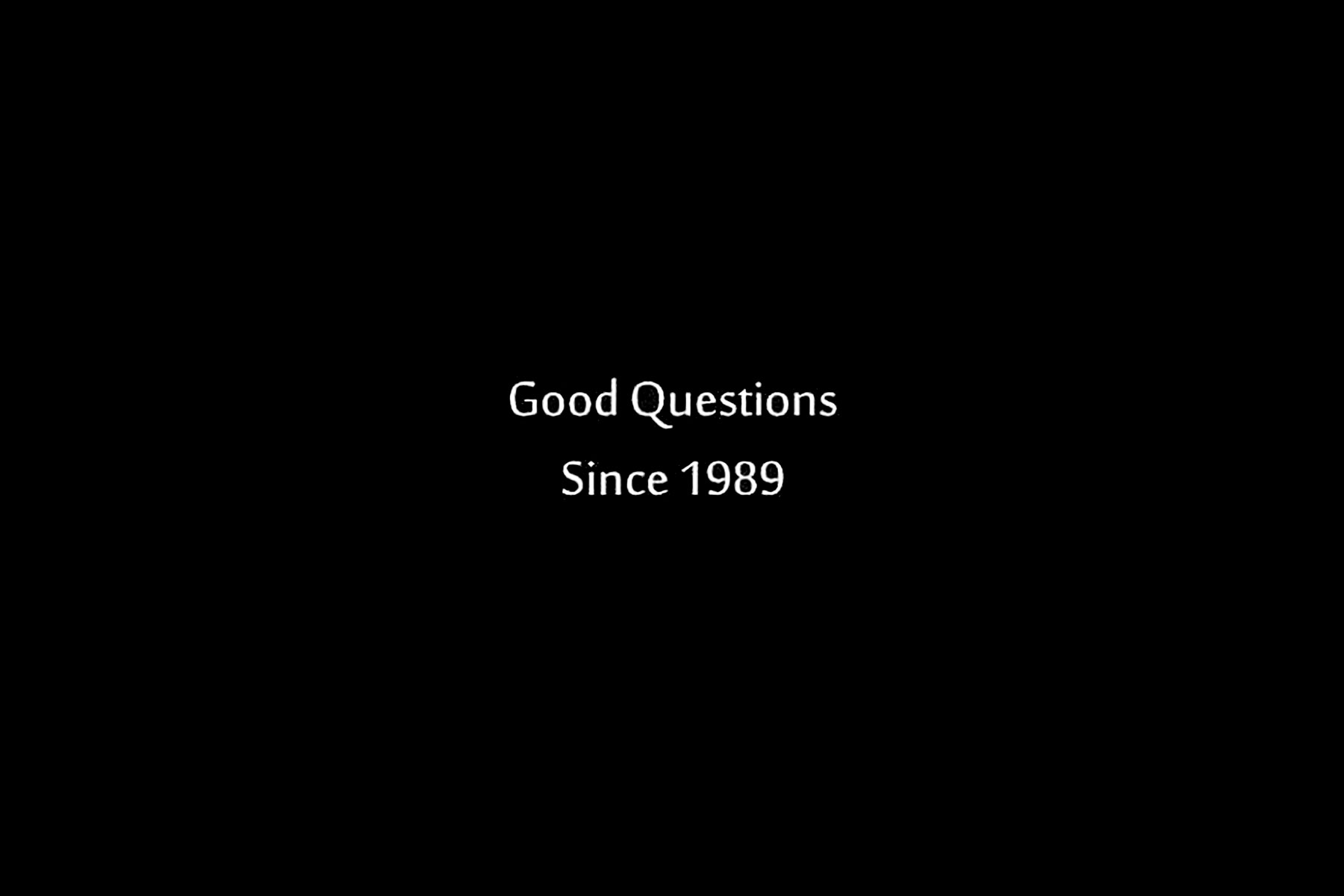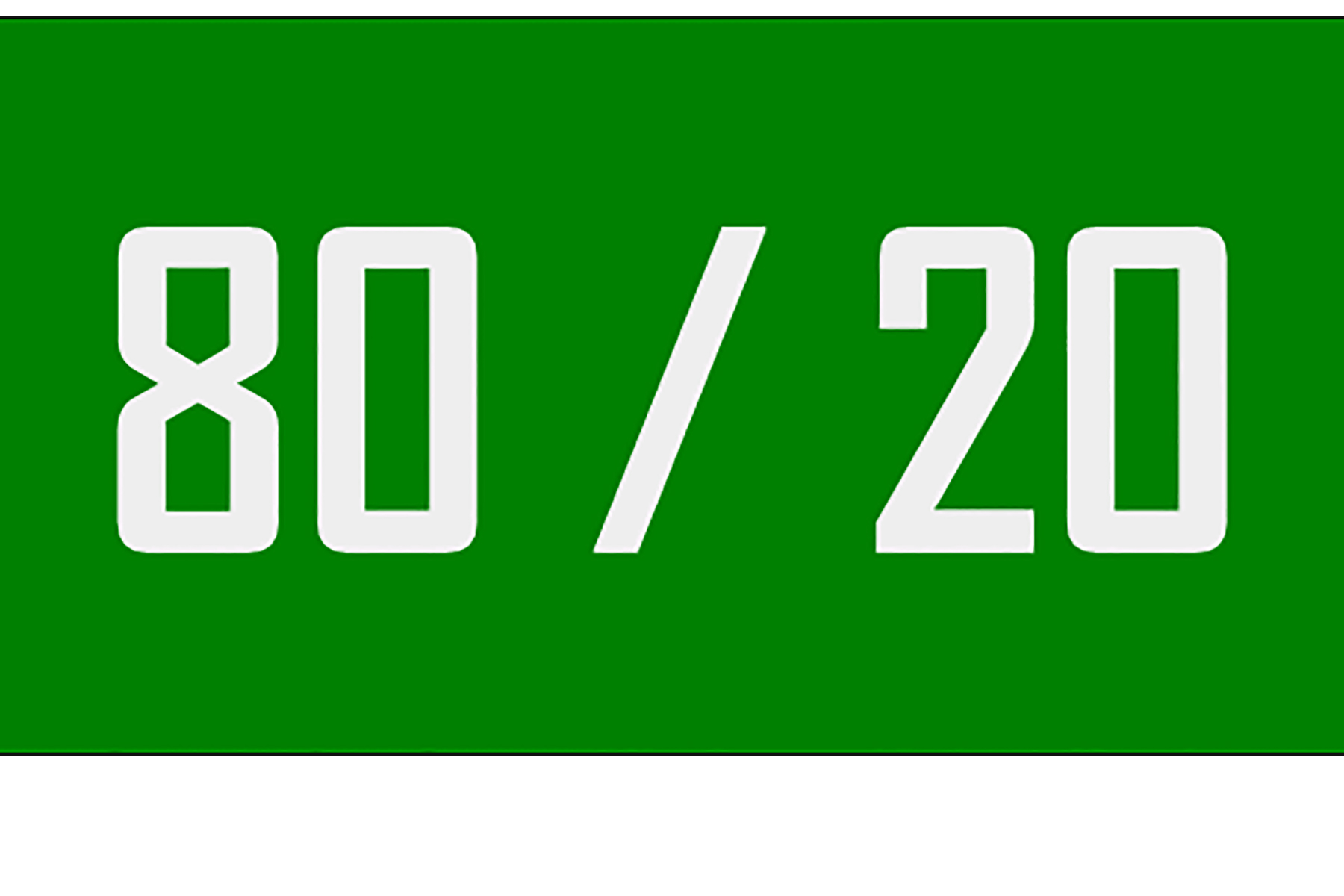Tag: Positivity
Despair, Indifference or Hope?

Is Your Small Talk SMART?

Last week I attended the 3rd Hola Barcelona Cocktail, an event organized by Barcelona Global to welcome new international professionals arriving in Barcelona.
The purpose is to strengthen the relationship between Barcelonians by birth and Barcelonians by choice. It was lovely. I met wonderful people and conversations were great, which got me thinking: What makes small talk interesting?
The topic is important, but not everything — you can have a pointless conversation about a great topic! The key is HOW we talk.
Make small talk SMART:
Supportive, Meaningful, Authentic, Refreshing, and Tasteful
But, is small talk really that important? After all, it’s just chit-chat, right? Or not? Is there a connection between small talk and other areas of our life?
As a team effectiveness trainer, I often join teams for social events after the training. And for 4 years now I’ve been looking for a connection between the quality of small talk and people’s professional and personal fulfillment. I’ve found one:
Effective leaders and teams engage in smart small talk.
There’s a chance I’m seeing what I want to see, which begs the question: Is there scientific evidence to support my findings? I did some digging and there is.
For instance, Judith E. Glaser has coined the term “Conversational Intelligence” or “C-IQ”, a person’s ability to connect with others through conversations and to jointly think innovatively, empathetically, creatively and strategically.
Judith and the people at Benchmark Communications Inc. have studied the neurochemistry of conversations and shown that managers who “talk smart” are more successful than those who don’t.
So small talk is not just a chit-chat. Smart small talk does make a difference!
Here’s an experiment to spice up conversations at your next event:
- Step One: Identify interesting angles to the conversation, relevant aspects or perspectives that are being overlooked.
- Step Two: Ask a politely provocative question. This will accomplish two things: you’ll get people’s attention and you’ll spark openings for more meaningful dialogue.
- Step Three: Pick a positive message. This is important because you want to contribute to the conversation in meaningful way.
Easy to remember: Angle + Question + Message.
What do you do to keep the small talk smart?
Decide The Ending To This Story

It was a Saturday. John had recently moved into his new apartment and was in the process of unpacking the wall of boxes standing tall in his living room.
After a couple of weeks adjusting to the new environment, he decided that this weekend he’d finally unpack.
In a box labeled “fragile” and among a bundle of gym clothes, John found a painting his younger sister had made for him before he moved. It depicted a tall, self-confident man in a suit, smiling at the viewer, and plugged by an electrical cable to what seemed to be a small red machine with wheels and a sign that read: “Good Questions Since 1989.”
As he stared into the man’s eyes, he wondered what his sister meant. He liked the painting and decided to put it up on the center living room wall. He managed to find the old rusty coffee can where he kept nails and screws and stuff. But after seven other boxes and lots of things all over the place, he gave up the quest for his toolbox.
Suddenly, the art restoration shop across the street came to mind. He had noticed it more than once: different, fresh, full of light and color. “Hey!” he thought “Maybe they could lend me a hammer.” He skipped over to the window and looked down to check if it was open. It was.
“Good” he thought. “The owner, that tall, self-confident young man that wears a suit, seems to be a nice guy. He might even remember me — I’ve seen him more than once at the café next door. Yah, I’ll ask him to lend it for just a minute. Why wouldn’t he lend me a hammer? Just because I’m a stranger?”
John stumbled around the apartment looking for his keys, which he eventually found on the couch under all his sports gear. As he went for the door, he thought: “Come on, John, you wouldn’t lend a hammer to stranger, right?” And it crossed his mind that a shop like that must have expensive and fancy equipment. The owner needs to protect it.
With growing doubt, he stepped into the elevator and pressed zero. As he looked at himself in the mirror, he said: “Is there a reason for him not to trust me?… Well, folks don’t trust each other like they used to, do they? And besides, I’ve just moved in. For all he knows, I’m a thief!”
Ding! The elevator door opened and John stepped out. He exited the building, looked across the street to the shop and asked himself: “Give me one good reason why he shouldn’t help me?” Then he thought: “Well, for starters he could be a selfish jerk who doesn’t give a damn about anybody!”
He resentfully crossed the street and walked into the shop. “Good morning!” He bluntly blurted to the young man in a suit sitting behind the counter. The man stood up and with a smile replied: “Good morning, Sir. How can I help you?”
With a cold face, John looked him in the eye and, with a touch of bitterness in his voice, said: “You don’t know me and there’s no reason for you to trust me. For all you know, I’m a thief. I actually live across the street and can’t find my hammer. So for just this once could you not be so overprotective and lend me one of those expensive hammers?!”
To the amazement of all those in the shop, the tall, self-confident young man disappeared into the back, dragging behind him his red portable oxygen tank on wheels. He returned bearing a hammer in his hand. In silence, he extended the gift to the stranger.
After thanking him and promising to be right back, John turned and left the shop. As he was crossing the doorway, the young man said: (now pick the ending you like most)
Ending 1: “By the way Sir, this is why I love my work. You see, since 1989 we’re in the business of restoring not only paintings but, more importantly, perceptions!”
Ending 2: “By the way Sir, since 1989 we repair problems with better questions. Try it. You see, the mind has no choice but to always find an answer — even to bad questions!”
Ending 3: One of your own.
Words That Empower You

I’ll never forget the first time I was called on in class after moving to Portugal. It was the ninth grade geography class. I studied hard. But, having recently moved from Canada, my teenage mind was still in French mode: I read in Portuguese, but my brain worked in French.
So after clearing my throat to talk, nothing intelligible came out. A huge laugh from everyone was the result, including the teacher! That day I understood (the hard way) that words play a big role in communication.
Similarly, language has a powerful influence on relationships. The words we use to express ourselves – and before that the words we use to think of ourselves and others – shape the way we feel when we relate to others.
When we feel empowered – calm, clear and confident – we relate to others in a rewarding and dynamic manner. When we don’t, relationships are unproductive and toxic. Words play a major role in this.
Here are 2 ways to use language to empower relationships:
- When facing a challenge, use sentences where “I” is the subject instead of “you”. I’m not saying we talk about ourselves all the time. I mean that when we describe our reality with “I” sentences, the power to influence and change that reality increases greatly.
“You” sentences tie your hands. You depend on others.
Imagine your coworker Emilia has the ball, the ball being anything you want. Consider the sentence: “Emilia has the ball and won’t give it to me.” Here, Emilia has all the power because she’s the subject: She has the ball; she won’t give it to you.
“I” sentences give you agency,
the power to shape your reality and relationships.
Now consider this: “Emilia has the ball and I haven’t found a way yet for her to give it to me.” Here, power is balanced: She has the ball but you haven’t yet found a way to get it. Now there’s something you can do (find a way), which means you have power. Subtle but very effective.
- In difficult situations, use the verb “to do” not “to be”:“to be” is disempowering because it focuses on the person; “to do” is empowering because it focuses on the event.
For instance, you turn to Emilia and say: “You are uncooperative”. This suggests a negative feature about her, which might provoke a defensive reaction on her part.
Instead “you did something uncooperative” might avoid that because it describes an action, not her. Moreover, “to be” suggests more permanent traits; while “to do” leaves room for things to change.
The language of “I” and “to do” is empowering.
It enables us to feel calmer, clearer and more confident.
Sometimes the influence of language is not evident and can be tricky to use. Leave a comment with what is on your mind. You can also send me an email to t@tobiasrodrigues.com. Looking forward to hearing from you.
By the way, there was someone in my geography class who actually thought my attempt was kind of cute: the pretty sister of one the real popular guys in school. It was my first “Portuguese” crush.
It’s Always My Fault!

 On Tuesday, a client and I met to discuss a session we’re going to do on relationship management. One of the topics was how the corporation’s managers sometimes can’t stand some of the people they work with. They feel it’s useless and case closed.
On Tuesday, a client and I met to discuss a session we’re going to do on relationship management. One of the topics was how the corporation’s managers sometimes can’t stand some of the people they work with. They feel it’s useless and case closed.
I love this topic, especially when it comes up in my seminars. It’s always interesting to see the look on participants’ faces when I present the commitment ratio of the relationship building system I created: 80% you; 20% the other person. What?!
Yep, that’s the look on their faces. You do 80% of the work and the other person does 20%. “That’s not fair!” — some might say. Relationship management at work is not about fairness (that comes later), it’s about effectiveness.
The ultimate challenge is not
how you relate to others. It’s how you deal with YOU!
Relationships need to function for everyone to get their jobs done. An 80/20 ratio assures your commitment produces functioning results that guarantee performance. “But it doesn’t make sense: the other person is the problem, not me!” — others object.
This reminds me of a story back in my university days. One late night, as I was making my way home, I saw a man literally banging his head against a street post. I kind of recognized him, so I walked up to him.
After a long monologue, I came to learn his tragic story. His wife had left with another man and took the children. His partner was no longer a partner. His business was crumbling. He was drinking… I almost felt sorry for him. But then I didn’t.
It’s a tough lesson: either you take on the responsibility
of being in charge of the events of your life or… you don’t.
When he finally asked if I wasn’t going to say anything, I asked: “You expected people would behave in a certain way, right?” What?! — was the look on his face. Then silence. Then a smile.
“That’s right”, he said. “I’ve blamed everyone around me for everything that has happened to me. That puts the power to lead my life in their hands, not in mine. To be in charge, I need to accept it’s my fault.”
That day, that man began to understand that it will always be up to him to take charge of how relationships affect his life and how he will proceed. He understood that the outcomes of our relationships start with us.
Today, that man leads a fulfilling life — lots of challenges no doubt, but fulfilling. Today, he is an 80/20 man, committed to producing functioning results that guarantee performance. His approach is: regardless of what happens, it’s always my responsibility.
Could this work for you? I’m eager to see how the managers will respond!
Break Free From Frustration

Life isn’t going to be perfect and there’ll always be a good reason to feel disappointed. So what do we do? We sometimes complain. Now, this may seem appropriate, but in fact it’s not. To complain leads to disaster and I’ll explain why.
Most of our complaining is senseless,
and has a disastrous effect: it fuels our frustration.
Aristotle said that “Anyone can become angry – that is easy. But to be angry with the right person at the right time, and for the right purpose and in the right way – that is not within everyone’s power and that is not easy.” The same goes for complaining:
To complain to the right person at the right time for the right purpose in the right way is not easy! The opposite is easy: to my friends I’ll complain about my partner, to my partner about my boss, to my boss about my colleagues, to my colleagues about the government and the weather…
Every time we express our discontent – including when we silently complain to ourselves – we’re telling the mind that something is wrong. This feeds our frustration. Then, there’s really not much we can do to stop the Hulk in us from coming out.
In other words, complaining leads to frustration, and frustration to anger and grumpiness – a recipe for disaster. To avoid complaining, even to myself, I follow two guidelines in both my personal and professional life:
1) Do not allow yourself to complain about things you cannot or are unwilling to change – it’s a waste of time. Change the subject.
2) Do not allow yourself to complain without suggesting a better realistic alternative. Until you think of something better, keep quiet.
By breaking free from the habit of complaining, we increase our tolerance to frustration. I’m not going to begin to tell you how rewarding and refreshing that is. Instead, I’ll challenge you to try it for just one week. Then, please tell me how you feel!
Remember: There’s always going to be a good reason to complain. Be nice, and let someone else use it. 🙂


